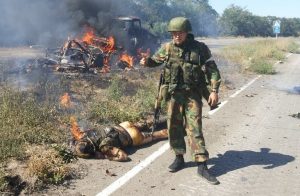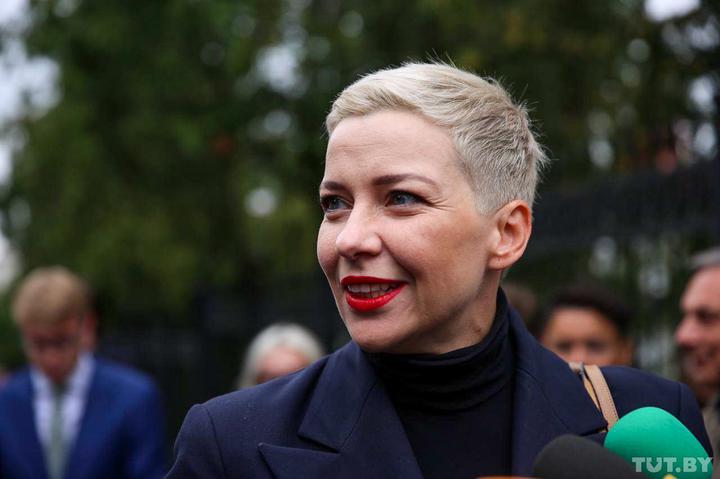
Related:
- Russian neo-Nazis in the ranks of terrorists in Eastern Ukraine
- Russian Orthodox Church in Belarus training fighters for Russian world in special camps
- Another terrorist training camp held at a Russian Orthodox Church near Moscow
- Terrorist youth camp set up at a Russian Orthodox Monastery near Moscow
- Russian 'Maxim' identifies 16 varieties of Russian patriots
- Russia: towards a radical state
- Cast your vote for the most lunatic fascist at the International Russian Conservative Forum





